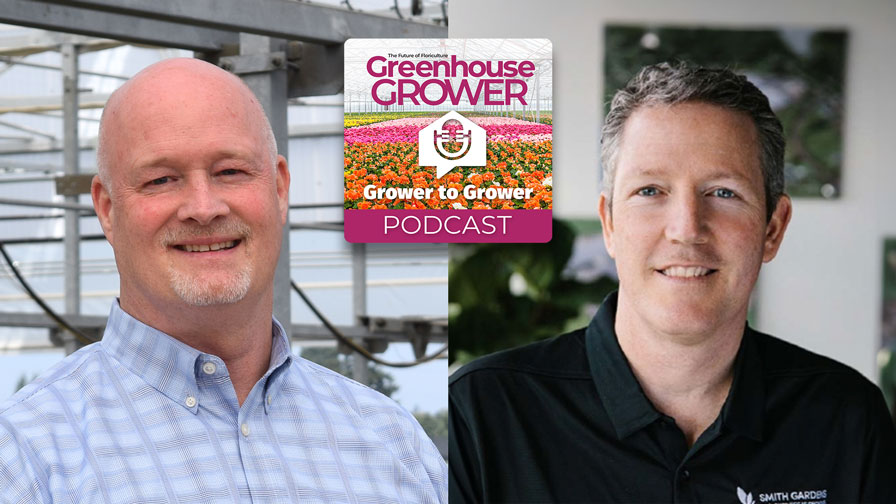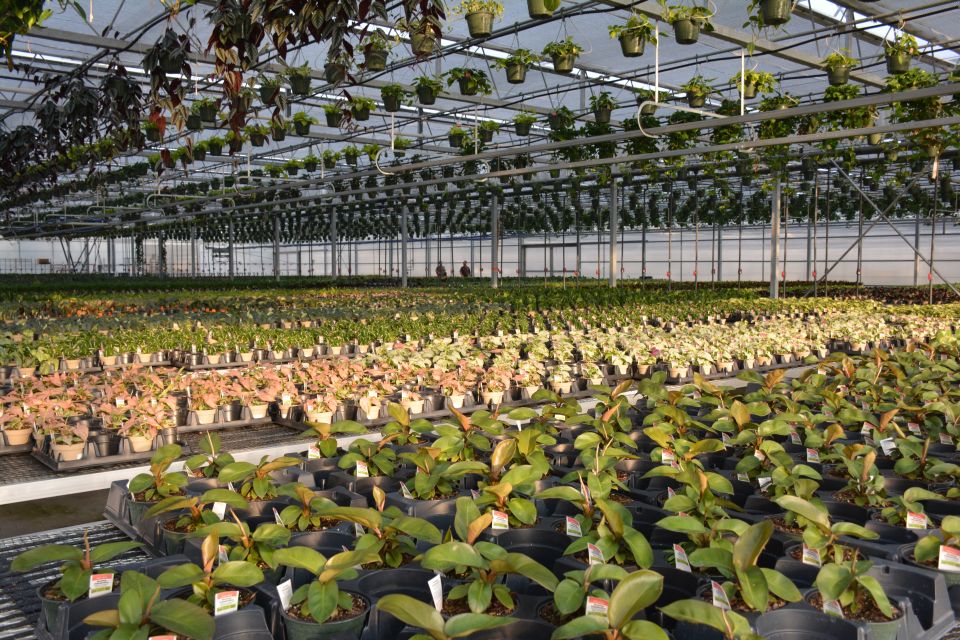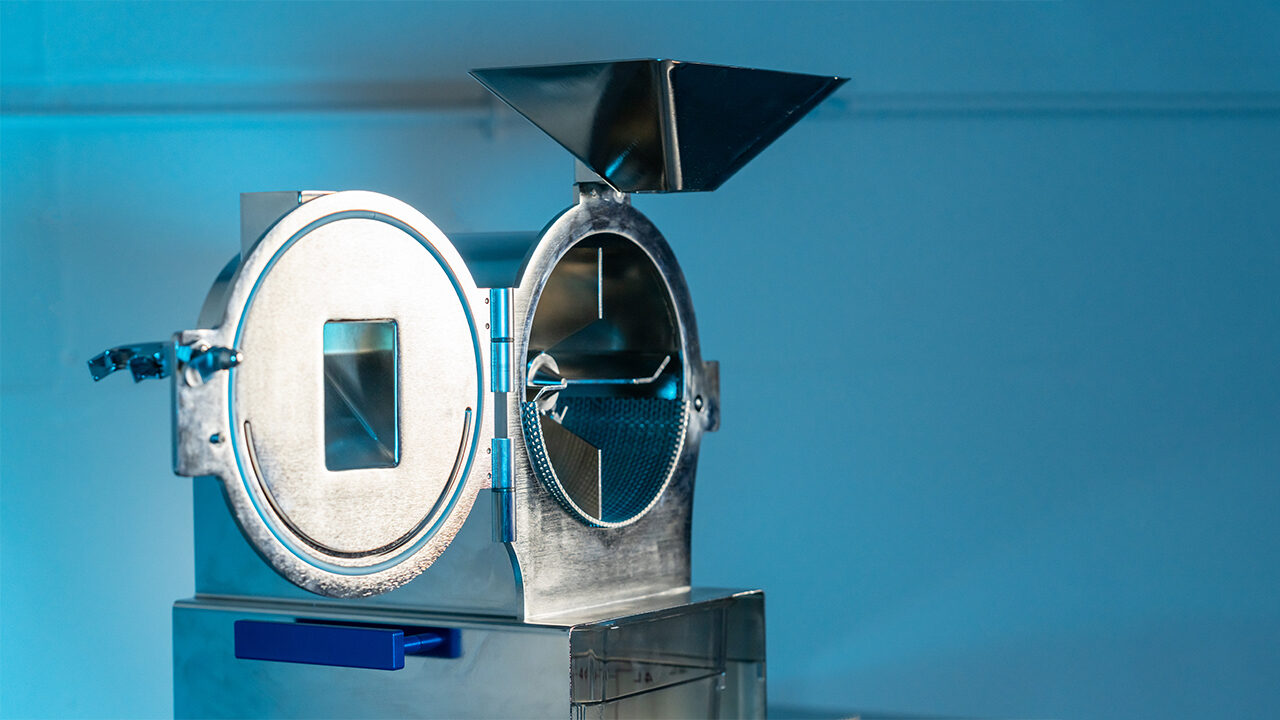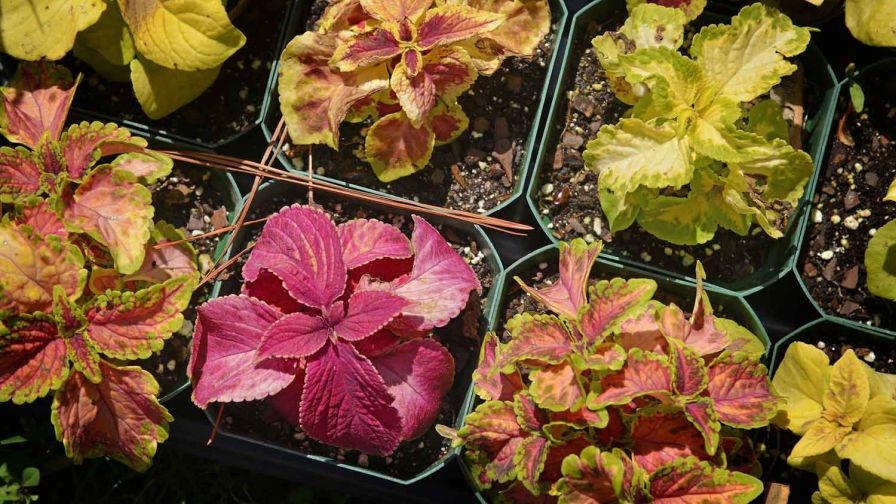Keeping Food Safety Paramount in Leafy Greens

Dinesh Babu, Revol Greens
Minnesota-based leafy greens producer Revol Greens‘ Vice President of Food Safety Dinesh Babu brings a Ph.D. in food safety and more than 15 years in food science and food safety experience. His role? To navigate production distribution in a food supply chain fraught with continued challenges and retailers’ calls for a safer and more consistent source of leafy greens.
“Food safety has always been and continues to be paramount to what we do,” says Michael Wainscott, Revol Greens CEO. “It’s important that we continue to invest in that side of our business. With deep roots in the produce industry and in academia with his Ph.D., we are thrilled Dinesh is coming on board.”
In his role, Babu leads, directs, and guides the organic, food safety, and sanitation programs, ensuring compliance with all relevant operational, audit, and certification requirements.
Dinesh joins Revol Greens from Grimmway Farms, where he served as the Vice President of Food Safety, overseeing multiple facilities, developing and directing teams to maintain food safety compliance, sanitation, regulatory readiness, and customer audits. He was also an executive at Del Monte Fresh Produce, overseeing a large team across six facilities, focused on training, audits, and university research. Ocean Spray, Mann Packing, and Earthbound Farms round out his long list of expertise in the industry. Before moving to this industry, he served as faculty at the University of Louisiana teaching and conducting research in food safety.
Challenges Are Universal
Babu’s previous experience mostly involves working with outdoor producers, but he says the challenges faced are largely similar.
The benefit of indoor production is that there’s much less exposure to these pathogens because there are fewer hands touching the product. However, Babu says this does not mean that food safety should take a back seat to other challenges.
“Food safety is a crucial function for everyone who plays a role in the food industry to ensure various production processes follow good manufacturing practices, regulatory requirements, audit standards, and customer specifications,” Babu says. “We are especially focused on this within the fresh produce industry when handling leafy greens, where having a dedicated food safety professional is a must.”
It’s important for all growers, no matter where or how they grow, to invest resources in labor, tools to successfully manage and maintain comprehensive food safety management systems with faster traceability, and the ability to respond to various needs from customers, regulatory bodies, and audit standards, Babu says.
“Risks can come through growing, harvesting, and handling practices, and different producers who follow different production practices and specific risks need to be understood on case-by-case basis,” Babu says. “CEA production can offer several benefits to fresh produce industry in terms of high-quality food safety measures. By growing in a protected environment and controlling inputs, CEA production can greatly reduce or eliminate physical and microbial hazards traditionally found in outdoor field production.”
Managing Recalls
As greenhouse lettuce growers know all too well, a product recall at any level of the supply chain can affect all producers, regardless of whether they grow indoors or outdoors.
“When a recall happens, we as an industry need to make it immediately clear that our product was not affected, and regulators have to quickly acknowledge that as well,” Babu says. “Unfortunately, it usually takes days or weeks for a safety issue to be resolved, and by that time, consumers have already made up their minds.”
Traceability is a tool that can help mitigate this problem, Babu says.
“There are a lot of options out there that can help trace your product back to the particular location where you’re growing it,” Babu says. “This can help rule out potentially problematic sources, whether it’s water or how the seed was treated.”
That kind of traceability, which can provide a safety link from planting to consumption, is invaluable, Babu says. That’s why it’s an important resource for growers like Revol Greens.
“Revol Greens brings modern technology to farming to provide the freshest products,” Babu says. “Our greenhouses create an environment that is protected and safe for food production, as well as providing consistent supply irrespective of issues such as harsh weather.”
Working Across the Industry
One of Dinesh Babu’s responsibilities in his new role as Vice President of Food Safety at Revol Greens is working with the CEA Food Safety Coalition, which was established to develop credible, strong, and appropriate food safety standards; educate consumers and regulators on controlled environment growing; and communicate the value of controlled-environment agriculture.
“As a founding member of the CEA Food Safety Coalition, Revol Greens shares the vision of other members that food safety is paramount to the success of the CEA industry and that we should all hold ourselves to a higher standard of safety,” Babu says. “The Coalition brings a unified voice to food safety, allowing us to collaborate with other industry leaders, retail customers, and suppliers to raise the bar on food safety in leafy greens. I am excited to get more involved sharing my experience and knowledge to help advance the Coalition even further.”
Learn more about the CEA Food Safety Coalition in a series on GreenhouseGrower.com.









